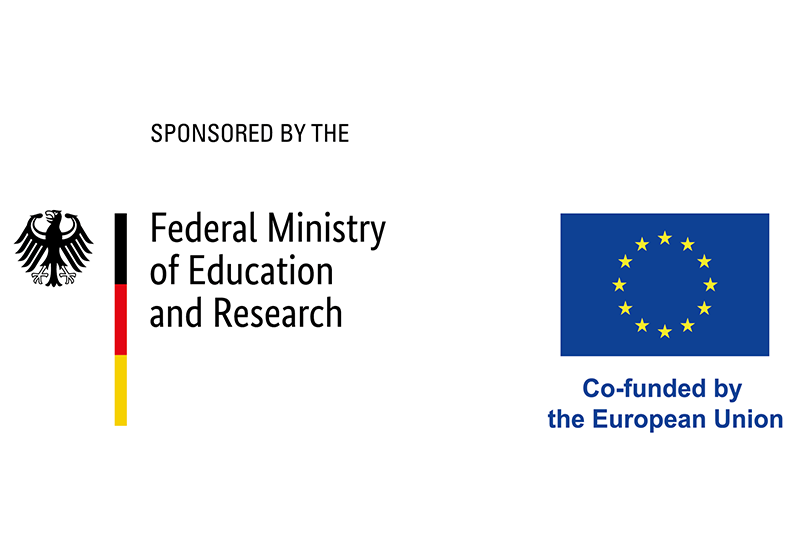Research project "FlexPEP"
The increasingly dynamic nature of global supply chains, unpredictable workforce shortages - due to the pandemic, for example - and the ongoing shortage of skilled employees pose major challenges for manufacturing companies. Rigid working time models and constantly changing qualification requirements for employees make it difficult to adapt to varied production processes and fluctuating order situations. This leads to bottlenecks in order processing, inefficient use of resources and increased employee stress in production.
Flexible work time models for more resilience in production
The research project “Flexibilization of working time models and workforce planning for production (FlexPEP)” addresses these challenges with the aim of making manufacturing companies more resilient and adaptable. By developing flexible working time models, optimized workforce planning and adaptive training, operational requirements and the individual needs of employees are to be better reconciled.
To this aim, the “FlexPEP” project is developing a systematic methodology for designing flexible working time models in production that enables companies to implement them in a structured and sustainable manner. On this basis, existing production, planning and training processes are analyzed in collaboration with the partners and flexibility indicators are defined in order to make adaptability in production measurable. At the same time, innovative working time models, optimized workplace concepts and improved information flows for the production area will be developed to support long-term flexibilization.
Together with the application partners and enablers, a framework consisting of a maturity assessment and two software demonstrators is being developed to achieve the objectives. The maturity assessment represents different levels of flexibility and is intended to serve as a guide for companies. With the help of the model, it should be possible to determine the current maturity level of a company in terms of its flexibility in order to then serve as a guide for the gradual development and increase of adaptability. Two software demonstrators will be created to facilitate practical implementation in the company: One enables data-based and flexible management of workforce scheduling, while the other supports the targeted qualification of employees through adaptive training instances. This allows companies to train and flexibly deploy their employees as and when they need it.
Practical test and future application
To ensure that the framework developed is suitable for practical use, it is being validated under real operating conditions together with partner companies from the rubber and plastics processing, precision engineering and battery system manufacturing sectors. The aim is to ensure that the framework supports manufacturing companies in practice to better manage skills shortages, respond to volatile market requirements and strengthen employee retention in the long term.
Project partners
- Fraunhofer-Institut für Produktionstechnologie IPT, Aachen
- GTT Gesellschaft für Technologie Transfer mbH, Hannover
- Oculavis GmbH, Aachen
- Deguma-Schütz GmbH, Geisa
- BMZ Germany GmbH, Karlstein am Main
- Primus Präzisionstechnik GmbH & Co. KG, Bückeburg
Associated partners
- University of Valencia, Spain, Valencia
- HUN-REN Institue for Computer Science and Control, Budapest, Hungary
- AWU Precision Slovakia k.s., Záborské, Slovakia
- Ardo Benimodo, Benimodo, Spain
- Andreas Maier GmbH & Co., Fellbach
- IG Metall, Frankfurt am Main
Funding information
The “Flexibilization of working time models and workforce planning for production (FlexPEP)” project is funded by the Federal Ministry of Education and Research (BMBF) and the European Union through the European Social Fund Plus (ESF Plus) as part of the “Future of Work” programme (funding code: 02L23B090) and is managed by the Project Management Agency Karlsruhe (PTKA).
Funding code: 02L23B090
